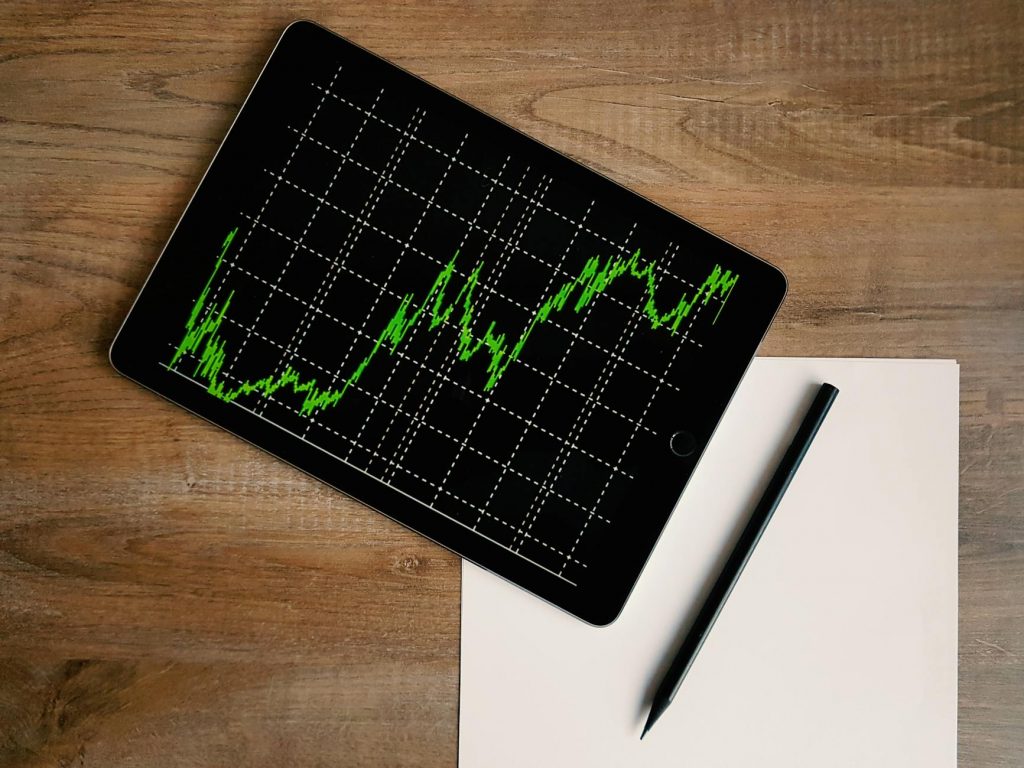The Best Asset Class for New Traders

The world of trading offers a plethora of asset classes, each with its unique nuances, potential rewards, and risks. As a new trader, navigating through this labyrinth can be a daunting task. The popular asset classes include stocks, commodities, indices, cryptocurrencies, and forex markets, to name a few. However, the key question remains, which asset class is the best for new traders? This article aims to explore this question, with a bias toward the forex market as the ideal platform for new traders.
Forex Market Overview
Forex, short for foreign exchange, is the trading of currencies. It is the most liquid and largest financial market in the world, with a daily trading volume exceeding 5 trillion dollars. This sheer volume provides a high level of liquidity, versatility, and opportunities that other asset classes may not offer.
Why Forex Market is the Best Asset Class for New Traders
- Accessibility: One of the main strengths of the forex market is its accessibility. While other markets require significant capital to start trading, Forex trading can be started with a relatively small amount. This makes it an ideal choice for beginners who may not have a large amount of capital at their disposal.
- Flexibility: The forex market operates 24 hours a day, five days a week, making it possible for traders to trade at any time that suits them. This flexibility is invaluable for new traders who may still be learning the ropes and need the freedom to trade at their convenience.
- High Liquidity: High liquidity means that a large number of trades can be made quickly, at any time, without significant price changes. This is particularly beneficial for new traders as they can enter and exit positions with ease.
- Potential to Profit from Both Rising and Falling Markets: Unlike some other markets, the forex market allows traders to profit from both rising and falling markets. Therefore, skilled traders have opportunities to profit in all market conditions.
- Extensive Educational Resources: Given the popularity of forex trading, there’s an abundance of educational resources available. Many forex brokers offer free education and demo accounts where beginners can practice trading without risking real money.
- Economic Events Influence Forex Markets: Economic events and policy changes can significantly impact currency values. Therefore, by keeping abreast of global economic events, forex traders can anticipate currency movements and make informed trading decisions.
- Technology: Forex trading platforms are some of the most advanced in the world, offering various tools to help traders analyze the market.
Conclusion
Every asset class has its own set of advantages and potential drawbacks. Therefore, the “best” asset class for a new trader largely depends on their unique circumstances, including their financial goals, risk tolerance, and investment capital.
However, due to its accessibility, flexibility, high liquidity, potential for profit in both bull and bear markets, and the availability of numerous educational resources, the forex market emerges as an excellent option for new traders. It offers a conducive environment for honing trading skills and has the potential for substantial profits.
Nonetheless, it’s important for new traders to remember that while forex trading can be profitable, it’s also risky. Therefore, investing in education, developing a solid trading strategy, and practicing money management skills is crucial for success in the forex market.

